In the vibrant landscape of Canadian business, the decision to buy a business is often accompanied by a crucial consideration – ownership structure. Understanding the various ownership models available can significantly impact the success and sustainability of a venture. Whether you are eyeing a small family-owned enterprise or a large corporation, exploring different ownership structures is essential. Let’s delve into some common ownership models prevalent in Canadian business scenarios.
Sole Proprietorship – This ownership structure is perhaps the simplest and most common form, especially for small businesses. In a sole proprietorship, an individual owns and operates the business. They are solely responsible for its debts and obligations. While this offers full control and flexibility, it also entails unlimited personal liability.
Partnership – Partnerships involve two or more individuals sharing ownership and responsibilities. Canadian law recognizes several types, including general partnerships, limited partnerships, and limited liability partnerships. General partnerships distribute profits, losses, and management duties equally among partners, while limited partnerships offer limited liability to some partners. Limited liability partnerships provide liability protection to all partners.
Corporation – Incorporating business for sale canada creates a separate legal entity distinct from its owners. Shareholders own the corporation, and a board of directors oversees its operations. The key advantage is limited liability, protecting owners from personal financial obligations. Corporations also enjoy potential tax benefits and enhanced credibility. However, they involve more complex legal and financial requirements, such as annual filings and shareholder meetings.
Cooperative – Cooperatives, or co-ops, are owned and operated by their members, who share profits and decision-making. In Canada, cooperatives are prevalent in various sectors, including agriculture, retail, and finance. Cooperatives prioritize democratic control and equitable distribution of benefits among members. This model fosters community engagement and can offer a sense of ownership and belonging to stakeholders.
Franchise – Franchising allows individuals franchisees to operate under an established brand franchisor in exchange for fees and royalties. Franchise agreements dictate operational standards, branding guidelines, and support services provided by the franchisor. While franchisees benefit from brand recognition and established systems, they have less autonomy than independent business owners. Franchising is widespread in Canada, spanning industries like fast food, hospitality, and retail.
Each ownership structure has its advantages and challenges, and the suitability depends on various factors, including business size, industry, growth plans, and risk tolerance. When considering a Canadian business for sale, prospective buyers must evaluate these factors to choose the most suitable ownership model. For instance, a tech startup aiming for rapid growth and seeking external investment may opt for incorporation to attract venture capital and mitigate personal liability. On the other hand, a family-owned restaurant may thrive as a sole proprietorship, leveraging the owner’s culinary expertise and maintaining full control over operations. Similarly, a group of professionals launching a legal or accounting firm might prefer a partnership structure to share resources and expertise while retaining flexibility in decision-making. Cooperative ownership could be ideal for community-oriented businesses like grocery stores or housing developments, emphasizing shared values and local empowerment. Franchise opportunities offer a balance between independence and support, making them attractive to entrepreneurs seeking proven business models and ongoing guidance.



